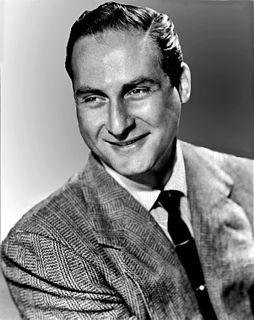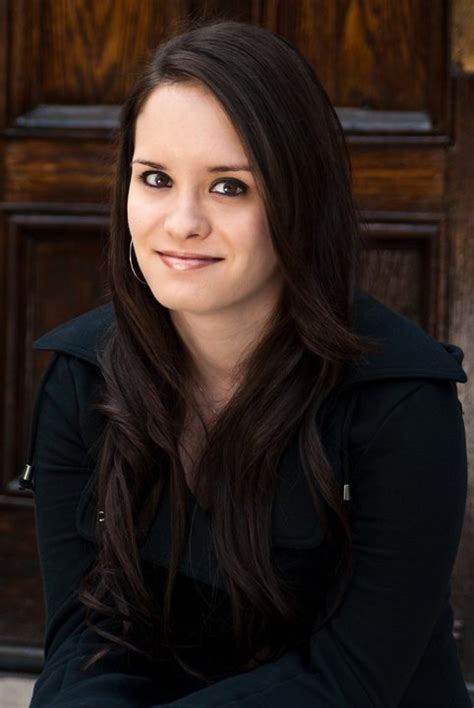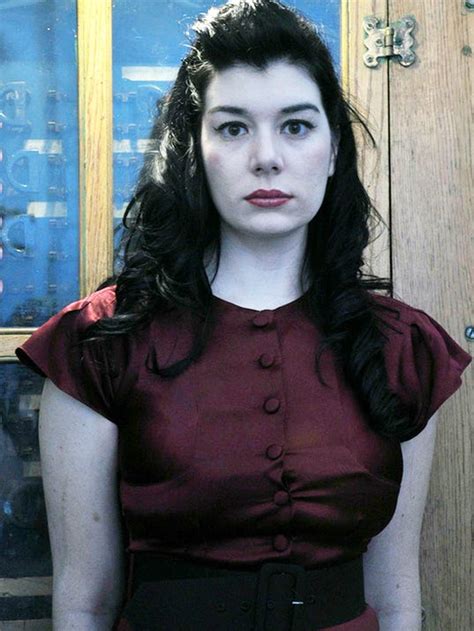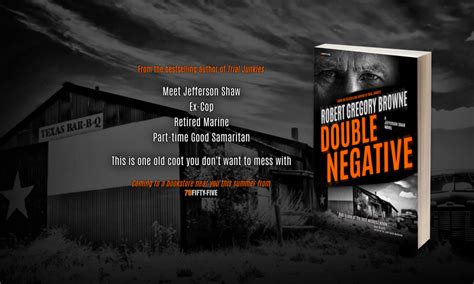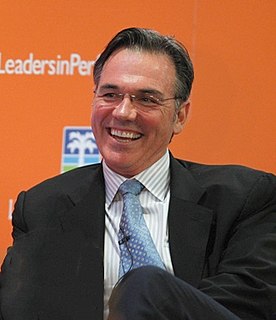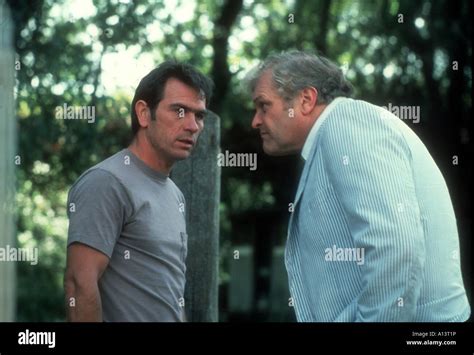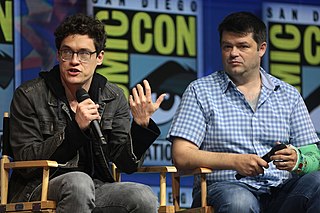A Quote by Noah Hawley
A two-hour movie tends to be a plot-delivery device; you tend to have to introduce all the characters, say what the goal is, and then get there with a setback, but that's not really how life is or what a story necessarily wants to be.
Related Quotes
Everybody wants to have a goal - I gotta get to that goal, I gotta get to that goal, I gotta get to that goal. I can finally get to that goal. Then you get to that goal, and then you gotta get to another goal. But in between goals is a thing called life, that has to be lived and enjoyed - and if you don't, you're a fool.
Do you ever get moods when life seems absolutely meaningless? It's like a badly-constructed story, with all sorts of characters moving in and out who have nothing to do with the plot. And when somebody comes along that you think really has something to do with the plot, he suddenly drops out. After a while you begin to wonder what the story is about, and you feel that it's about nothing—just a jumble.
A lot of times with novels, you can get a really deep, engaging story, but there's not a lot happening, frankly. Those books tend to be super-literary and dense, and they require a lot of commitment, and that's not necessarily a bad thing, but if you want fast-moving action and gore and plot and excitement, you can get shorted on that.
The post office doesn't guarantee delivery, but it tries really hard. It's called best efforts communication. If you put two postcards in the post-box, they don't necessarily come out then in the same order that you put them in. So, that means that there's potentially disorder with your delivery, and that's also true in the Internet.
That story about the two women in my life is - a lot of people get upset, a lot of people question it. Steven Soderbergh said to me, "The story of your life is incredible. The real story of your life that's interesting, more interesting than all the other stuff - the franchises, the movies, the songs, Elvis Presley, Frank Sinatra - the real thing that's interesting and unbelievable is the relationship with these two women. And if you're willing to put that out there, you know then, you're going to have a great movie. Because that's the movie."
In the first few pages, Kundera discusses several abstract historical figures: Robespierre, Nietzsche, Hitler. For Eunice's sake, I wanted him to get to the plot, to introduce actual "living" characters - I recalled this was a love story - and to leave the world of ideas behind. Here we were, two people lying in bed, Eunice's worried head propped on my collarbone, and I wanted us to feel something in common. I wanted this complex language, this surge of intellect, to be processed into love. Isn't that how they used to do it a century ago, people reading poetry to one another?


